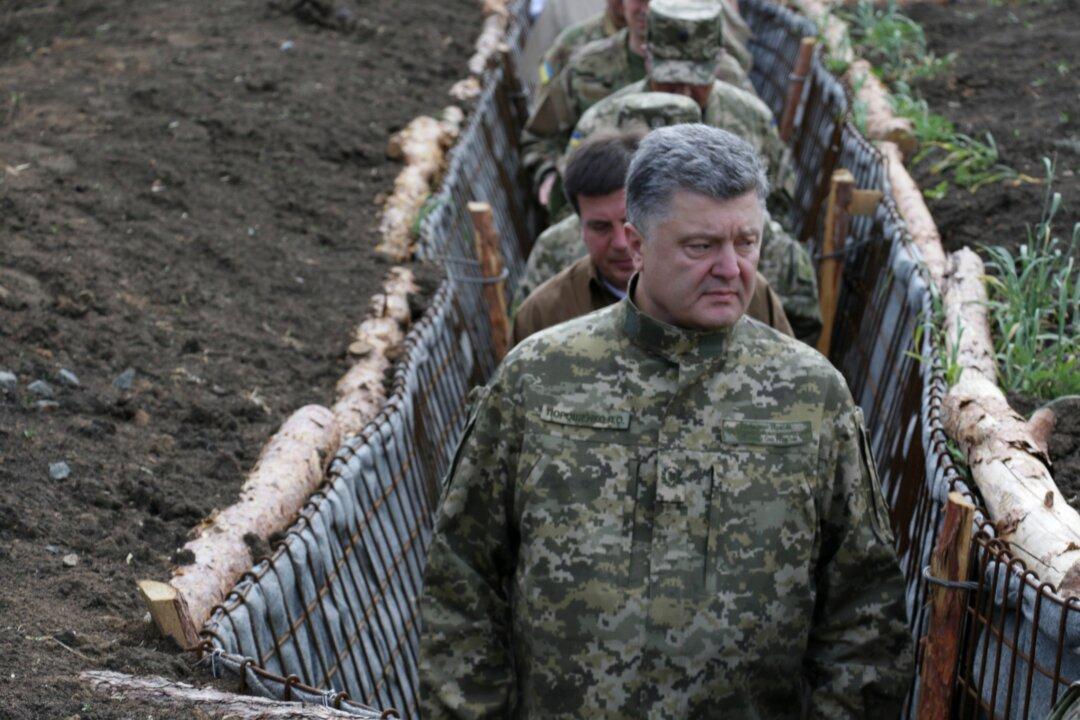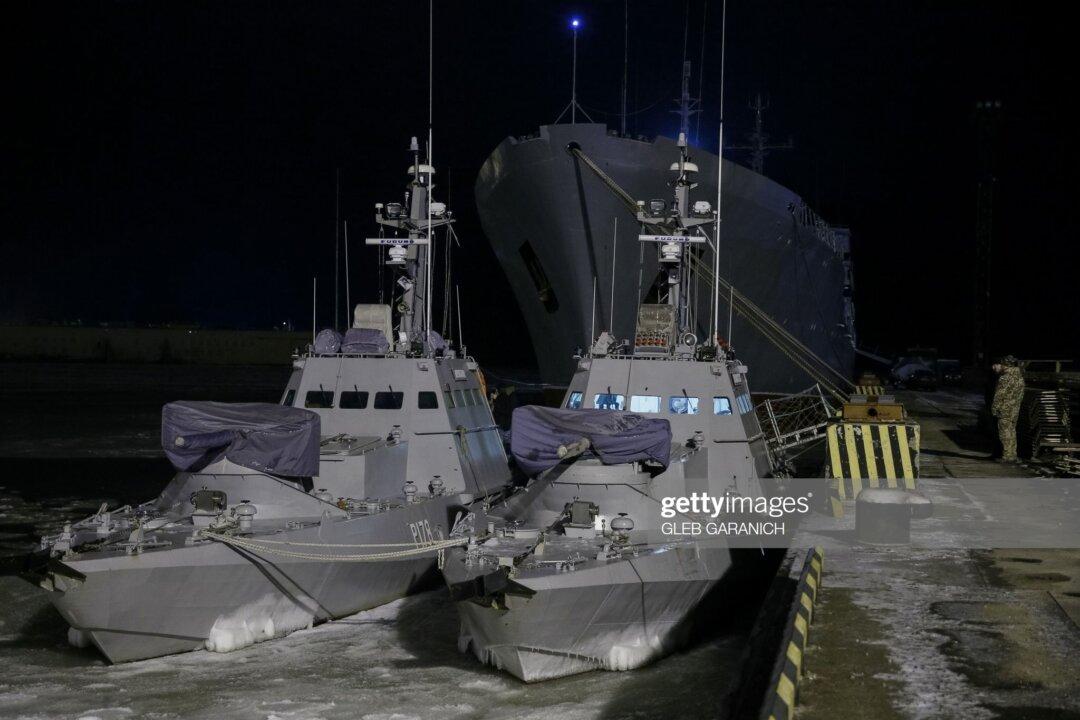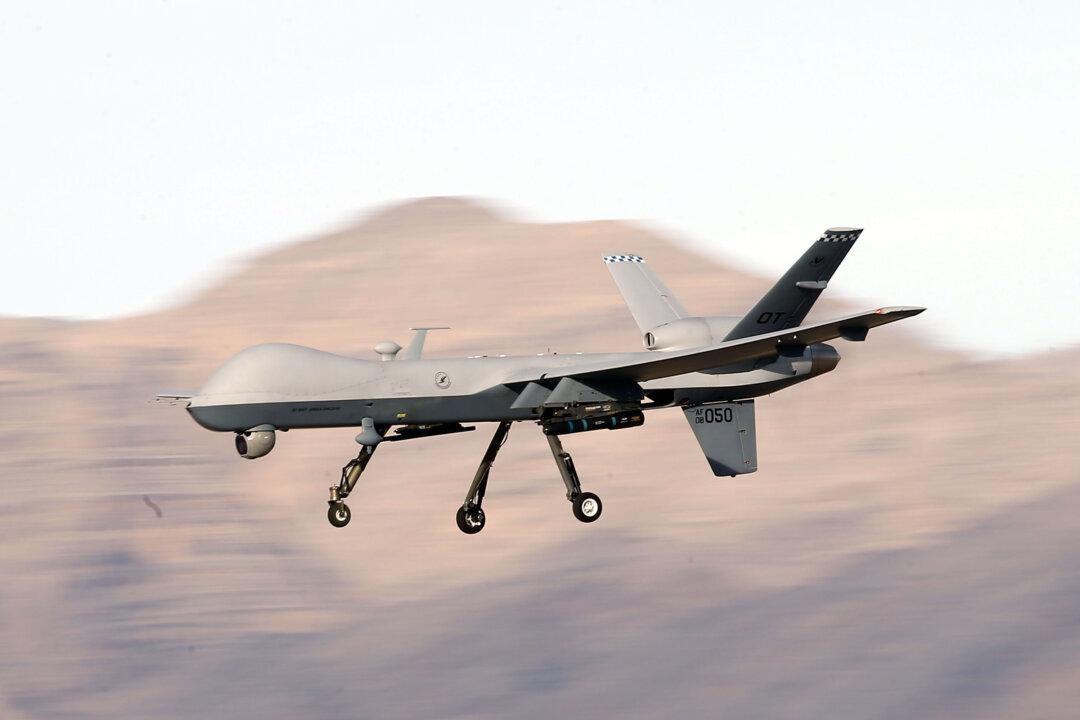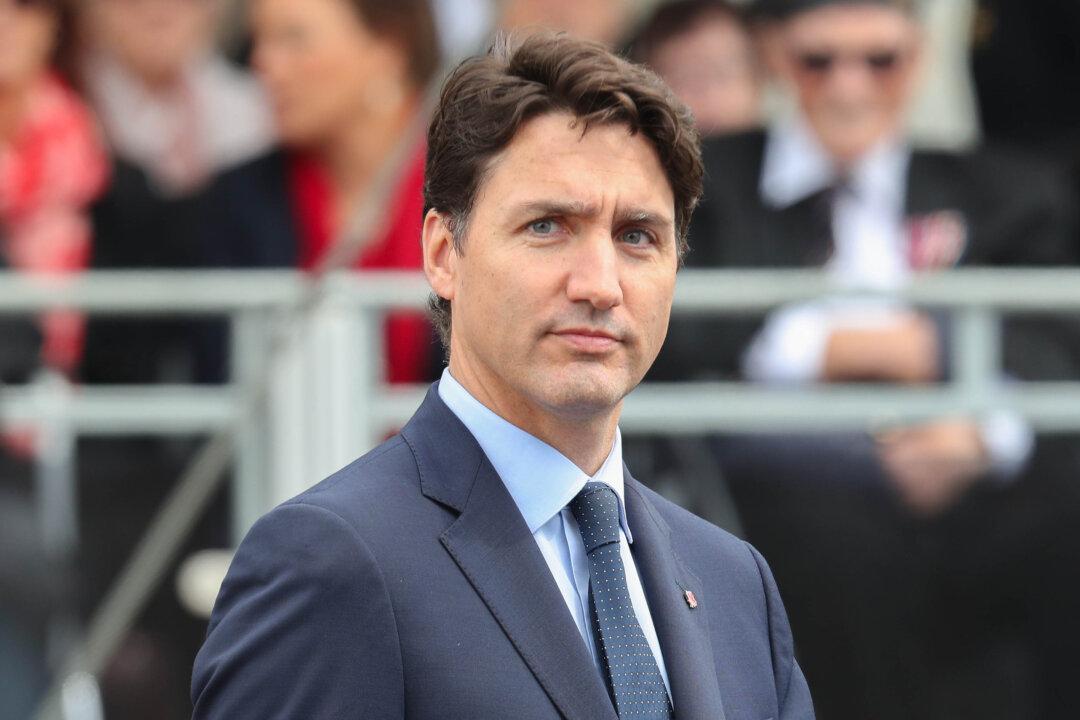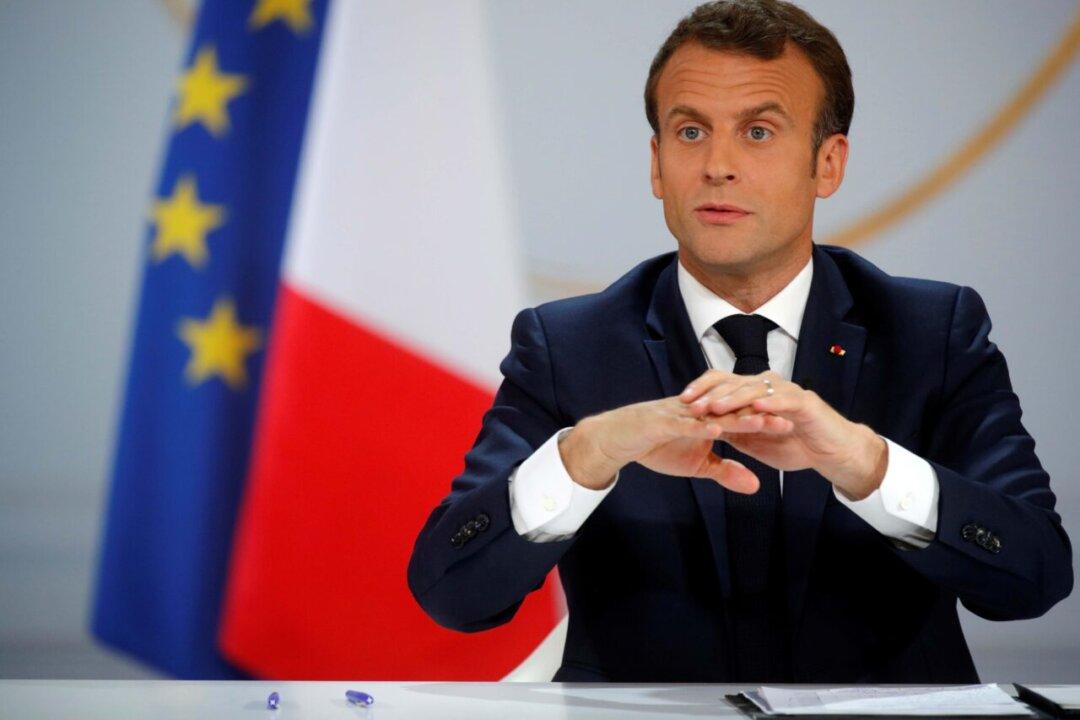There is a continuing and deliberately disingenuous debate ongoing among the leaders of various states regarding “arming Ukraine.”
The subtext of the debate is that should we provide Ukrainians with significantly powerful weapons (even “defensive” weapons), the ongoing conflict will somehow morph into a “war” with Russia.
What a crock.
Russia is already at war with Ukraine and de facto at war with the West. Russian forces seized Crimea in as blatant an act of aggression as the world has seen since Saddam Hussein seized Kuwait.
But for a variety of reasons (including no oil in Crimea), the West has contented itself with stiff resolutions of protest and flaccid sanctions. Adroitly, however, Putin has retained the tissue thin protestation of “plausible deniability” (risible as it is) over subsequent Russian actions in Eastern Ukraine. Body bags returning to Russia are ignored as “volunteers.”
Ukraine is fighting back desperately with the modern day equivalent of broadswords and flintlocks against “separatists” armed and reinforced by Russian regular forces with state-of-the-art weapons.
The “cease-fires” that have been repeatedly negotiated are equally absurd. Better to call them “reloading breaks” as they haven’t been “honored in the breach” but rather not honored at all. Whether “Minsk I” or “Minsk II” or “Minsk X,” they are worthless. The seizure of a key rail connection in eastern Ukraine by separatists—in defiance of the cease-fire—is just the most recent illustration of Russian bad faith.
It is not as if we have never encountered anomalous conflicts in which we fought Russians through proxies. Think Afghanistan in 1979 when a Soviet invasion overturned a relatively neutral government and installed a Moscow puppet. Over a period of years, the West armed and supported an Afghan insurgency inter alia by providing effective anti-aircraft missiles that made vulnerable even the “flying tanks” that describe Soviet combat helicopters. Funneled through third parties such as the Saudis, we provided weaponry sufficient to bleed the Soviets until they decided “their Vietnam” was not worth the body count.
